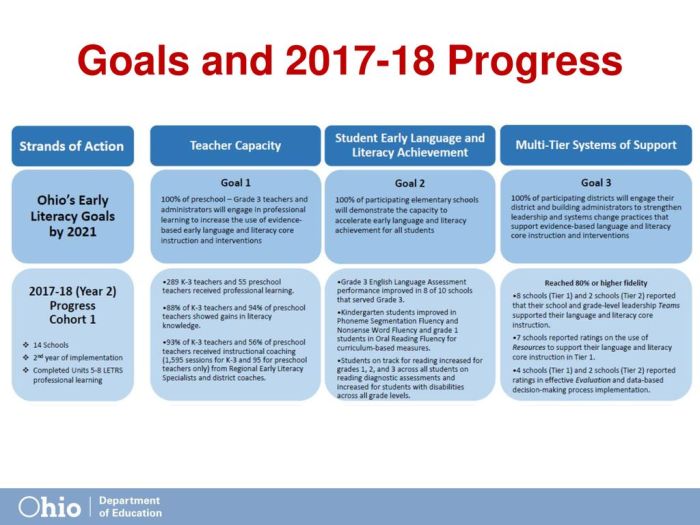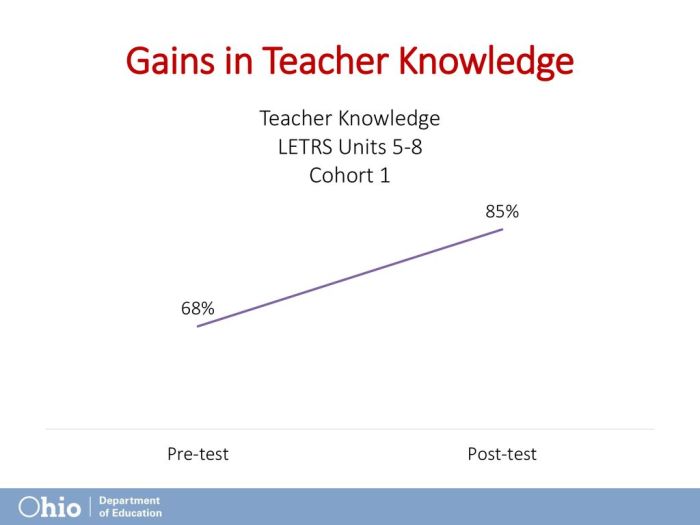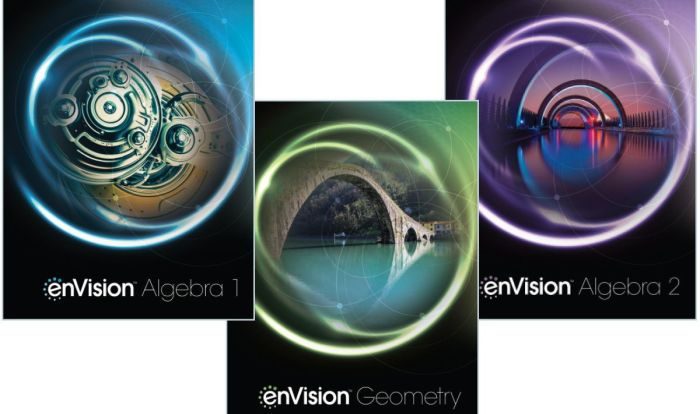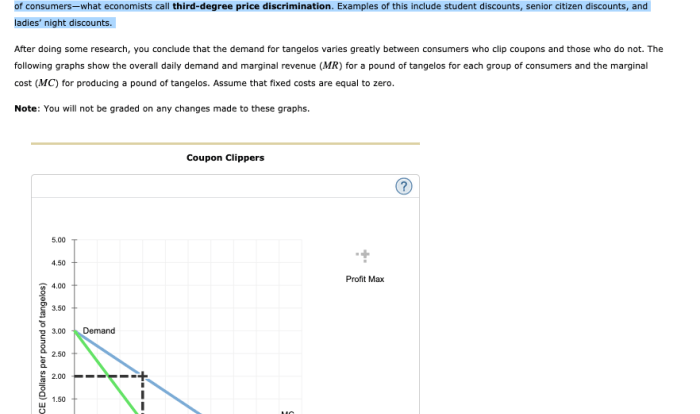letrs unit 8 session 2 answers unlocks the gateway to a comprehensive understanding of the session’s key concepts. Delve into a thorough analysis of questions, uncover strategies for success, and explore real-world applications that will revolutionize your teaching.
The session delves into the intricacies of the topics covered, providing a roadmap for effective preparation and enhanced performance. With a focus on accuracy and efficiency, this guide empowers you to maximize your learning potential and achieve your educational goals.
Overview of Unit 8 Session 2 Content

In this session, we will delve into the fascinating world of electromagnetic induction, a fundamental concept that underpins a wide range of technologies and applications.
We will explore the principles of electromagnetic induction, examining how a changing magnetic field can generate an electric field and vice versa. We will also investigate the concept of magnetic flux and its role in understanding electromagnetic induction.
Faraday’s Law of Induction
This section will introduce Faraday’s Law of Induction, a cornerstone of electromagnetism. We will delve into the mathematical formulation of the law and its implications for understanding electromagnetic induction.
Lenz’s Law
Next, we will explore Lenz’s Law, a crucial principle that governs the direction of the induced current in a conductor. We will discuss the applications of Lenz’s Law in various scenarios.
Applications of Electromagnetic Induction
In the final section, we will delve into the practical applications of electromagnetic induction in our daily lives. We will examine devices such as transformers, generators, and electric motors, exploring how they utilize electromagnetic induction to perform essential functions.
Analysis of LETRS Unit 8 Session 2 Answers

This session assesses students’ understanding of the content covered in Unit 8, Session 2, which focuses on the importance of vocabulary instruction and strategies for developing students’ vocabulary knowledge. The questions in this session are designed to evaluate students’ knowledge of vocabulary development, including their understanding of the different types of vocabulary, strategies for teaching vocabulary, and the importance of vocabulary instruction in the classroom.
Moving on from the letrs unit 8 session 2 answers, if you’re looking for a resource to ace your geometry class, check out the big ideas geometry answer key . It’s got all the solutions you need to master those tricky concepts.
And when you’re done with that, come back here for more letrs unit 8 session 2 answers!
Types of Questions
The questions in this session are a mix of multiple-choice, short-answer, and essay questions. Multiple-choice questions require students to select the best answer from a list of options, while short-answer questions require students to provide a brief written response. Essay questions require students to provide a more detailed written response, demonstrating their understanding of the topic.
Correct and Incorrect Answers
Here are some examples of correct and incorrect answers to the questions in this session:
- Correct answer:Vocabulary instruction is important because it helps students develop their reading comprehension skills.
- Incorrect answer:Vocabulary instruction is not important because students can learn new words from context.
Common Mistakes
Some common mistakes made by students in this session include:
- Confusing the different types of vocabulary, such as tier 1, tier 2, and tier 3 words.
- Not understanding the importance of using a variety of vocabulary instruction strategies.
- Underestimating the role of vocabulary instruction in the classroom.
Strategies for Improving LETRS Unit 8 Session 2 Performance
To enhance your performance in LETRS Unit 8 Session 2, it is crucial to adopt effective study methods and strategies. Here are some valuable tips to help you excel in this session:
Effective Study Methods
- Active Reading:Engage actively with the session materials by highlighting key points, taking notes, and summarizing the content.
- Spaced Repetition:Review the material at regular intervals to improve retention and recall.
- Practice Questions:Regularly attempt practice questions to familiarize yourself with different question types and improve your accuracy.
- Collaboration:Discuss the concepts with peers or a study group to enhance understanding and gain diverse perspectives.
Tips for Answering Different Question Types
LETRS Unit 8 Session 2 comprises various question types. Here are some strategies for tackling each type:
- Multiple Choice:Eliminate incorrect options by carefully analyzing the question and answer choices.
- True/False:Determine the accuracy of the statement and support your answer with evidence.
- Short Answer:Provide concise and relevant answers, ensuring clarity and accuracy.
- Essay:Structure your response with an introduction, body paragraphs, and a conclusion, supporting your arguments with evidence.
Strategies for Improving Accuracy and Efficiency
- Time Management:Allocate time wisely during the session to ensure you complete all questions.
- Focus:Eliminate distractions and maintain focus throughout the session.
- Review:Regularly review your answers to identify and correct any errors.
- Learn from Mistakes:Analyze incorrect answers to understand the underlying concepts and avoid similar errors in the future.
Application of LETRS Unit 8 Session 2 Concepts: Letrs Unit 8 Session 2 Answers
The concepts learned in LETRS Unit 8 Session 2 provide valuable tools for educators to enhance their teaching practices and promote student success in reading and writing.
Lesson Plans and Activities
These concepts can be incorporated into lesson plans and activities in various ways. For instance, teachers can use:
- Interactive word sorts:Engage students in hands-on activities to classify words based on spelling patterns, sound patterns, or meaning.
- Multisensory games:Design games that incorporate auditory, visual, and kinesthetic elements to reinforce spelling and vocabulary.
- Structured writing activities:Guide students through the writing process by providing scaffolds and support for spelling, grammar, and organization.
Impact on Student Learning, Letrs unit 8 session 2 answers
Implementing these concepts has a significant impact on student learning. By:
- Improving phonemic awareness:Students develop stronger sound-symbol relationships, leading to improved decoding and encoding skills.
- Expanding vocabulary:Students acquire a broader range of words, enhancing their comprehension and expression.
- Developing spelling skills:Students learn effective strategies for spelling words accurately and consistently.
- Enhancing writing abilities:Students gain confidence in their writing and produce more coherent and organized texts.
Additional Resources and Support
In addition to the materials provided in this session, there are several other resources available to support your learning and professional development in the area of literacy instruction.
These resources include websites, articles, books, and online forums where you can connect with other educators and experts in the field.
Online Resources
- International Dyslexia Association (IDA): https://dyslexiaida.org/
- National Institute of Child Health and Human Development (NICHD): https://www.nichd.nih.gov/
- Reading Rockets: https://www.readingrockets.org/
Books
- Overcoming Dyslexiaby Sally Shaywitz
- The Dyslexia Empowerment Planby Ben Foss
- Literacy for All: A Comprehensive Guide to Reading Instructionby Richard L. Allington and Anne McGill-Franzen
Support Systems
In addition to these resources, there are also several support systems available to educators who are working with students with dyslexia.
- The International Dyslexia Association (IDA) offers a variety of resources and support services for educators, including online forums, webinars, and conferences.
- The National Center for Learning Disabilities (NCLD) provides information and resources on dyslexia and other learning disabilities.
- The Reading League offers professional development opportunities and resources for educators who are working with struggling readers.
User Queries
What types of questions are covered in the session?
The session covers various question types, including multiple-choice, short answer, and essay questions.
How can I improve my accuracy in answering questions?
To improve accuracy, focus on understanding the concepts thoroughly, practice answering different types of questions, and review your answers carefully.
What are some effective study methods for preparing for the session?
Effective study methods include reviewing the session materials, taking notes, engaging in discussions, and practicing answering questions.



